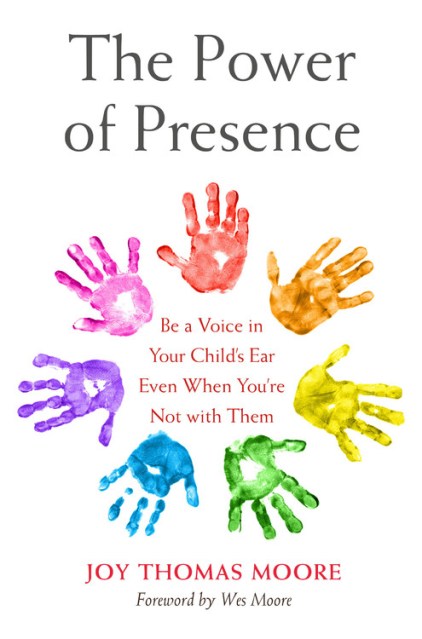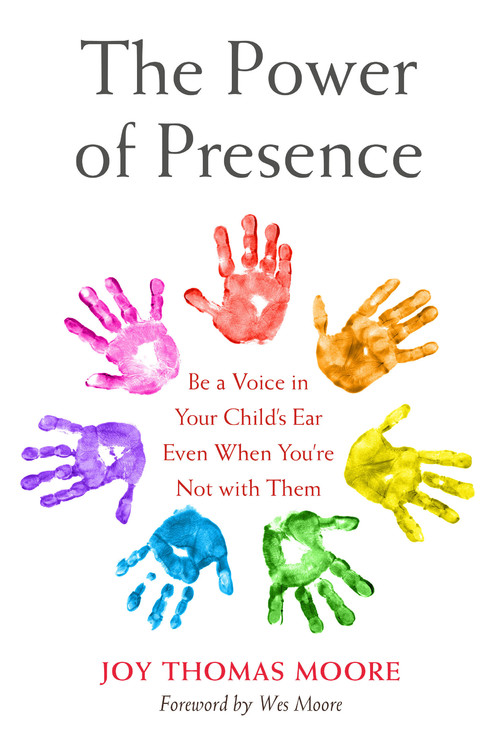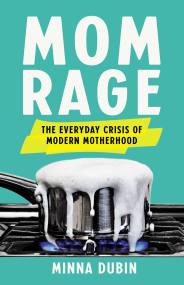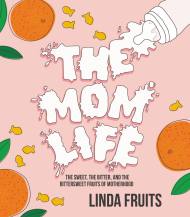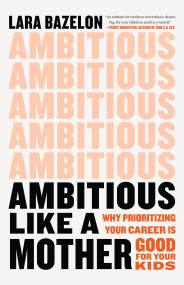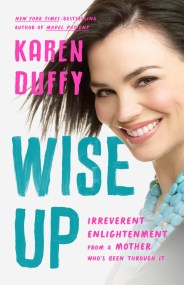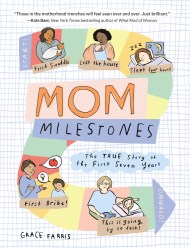Promotion
Use code MOM24 for 20% off site wide + free shipping over $45
The Power of Presence
Be a Voice in Your Child's Ear Even When You're Not with Them
Contributors
Formats and Prices
Price
$26.00Price
$34.00 CADFormat
Format:
- Hardcover $26.00 $34.00 CAD
- ebook $13.99 $17.99 CAD
- Audiobook Download (Unabridged)
This item is a preorder. Your payment method will be charged immediately, and the product is expected to ship on or around September 18, 2018. This date is subject to change due to shipping delays beyond our control.
Also available from:
For single parents, working parents, and caregivers who worry about the time they spend away from their children, the mother of The Other Wes Moore shares strategies to raise happy, well adjusted kids.
As the mother of Wes Moore, whose memoir about overcoming the obstacles that face a fatherless young black man was a huge bestseller, Joy is constantly asked: How did you do it? How can you be a good parent, have a career and stay healthy when you don’t have a partner to pick up the slack? How do you connect with a child when you can’t always be there? Joy’s answer is “presence.” Specifically, seven different ways of being a force in a child’s life, ensuring that they feel your influence. We can’t always be physically there for our children, but the power of presence can help us to be a voice in the back of their minds that guides them through difficult times.
In The Power of Presence, Moore explores seven pillars of presence–heart, faith, mind, courage, financial freedom, values, and connectedness–that all parents can use to positively influence their children. Using compelling stories from women who have been there and practical advice on everything from savings accounts to mindfulness, this book is a compassionate look at what it takes to raise great kids even in less than ideal circumstances.
As the mother of Wes Moore, whose memoir about overcoming the obstacles that face a fatherless young black man was a huge bestseller, Joy is constantly asked: How did you do it? How can you be a good parent, have a career and stay healthy when you don’t have a partner to pick up the slack? How do you connect with a child when you can’t always be there? Joy’s answer is “presence.” Specifically, seven different ways of being a force in a child’s life, ensuring that they feel your influence. We can’t always be physically there for our children, but the power of presence can help us to be a voice in the back of their minds that guides them through difficult times.
In The Power of Presence, Moore explores seven pillars of presence–heart, faith, mind, courage, financial freedom, values, and connectedness–that all parents can use to positively influence their children. Using compelling stories from women who have been there and practical advice on everything from savings accounts to mindfulness, this book is a compassionate look at what it takes to raise great kids even in less than ideal circumstances.
Genre:
- On Sale
- Sep 18, 2018
- Page Count
- 304 pages
- Publisher
- Grand Central Publishing
- ISBN-13
- 9781538743805
Newsletter Signup
By clicking ‘Sign Up,’ I acknowledge that I have read and agree to Hachette Book Group’s Privacy Policy and Terms of Use
